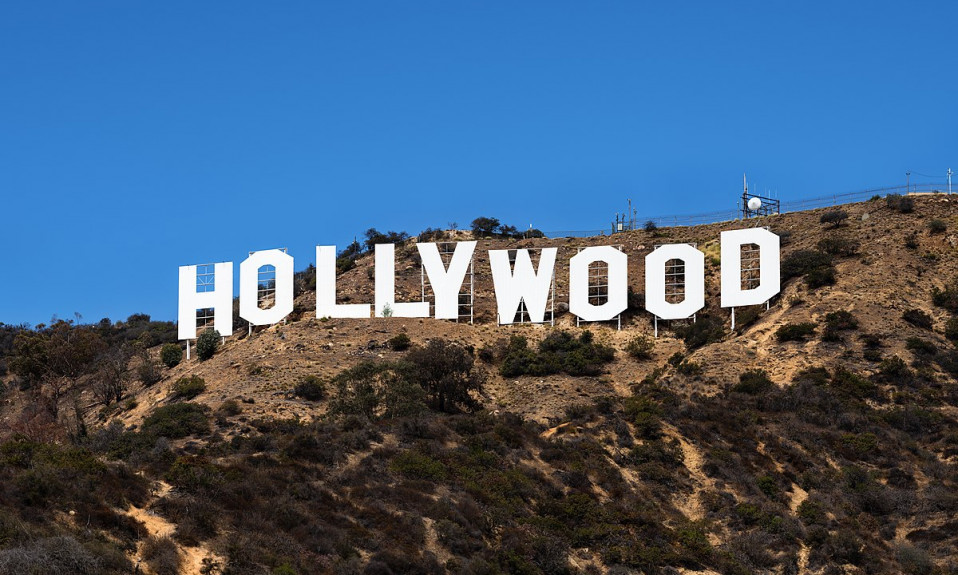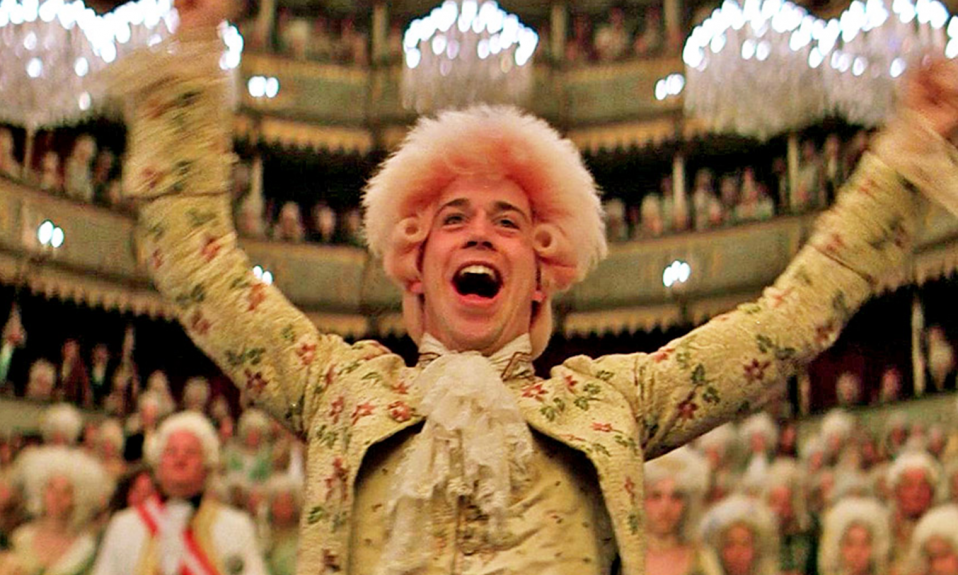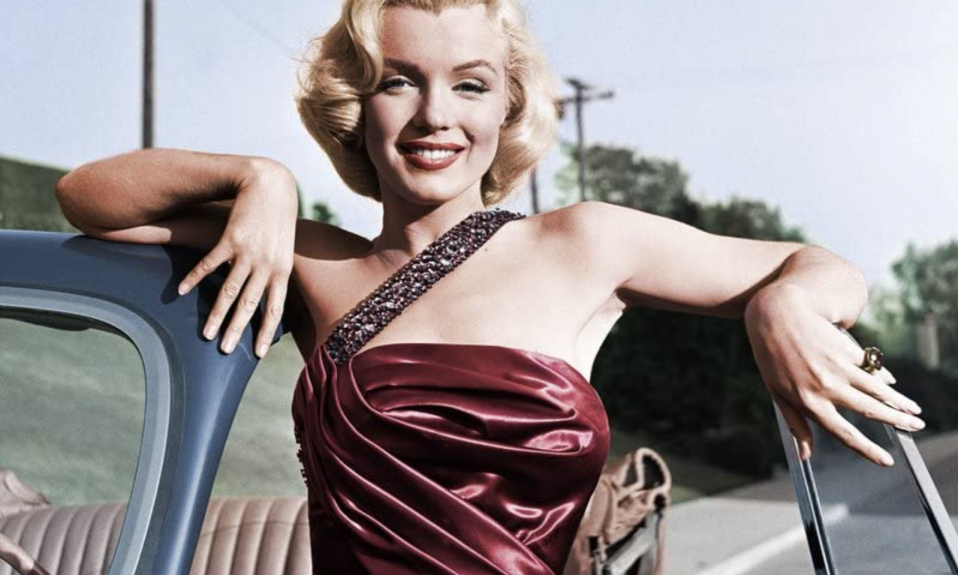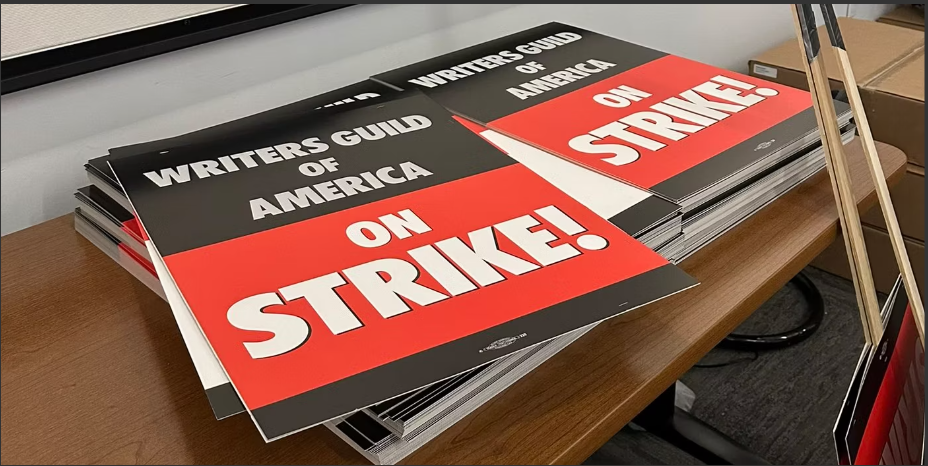Hollywood for decades has been seen as the heart of the movie industry. Its name is synonymous with big-budget, star-studded projects. But how did Hollywood become what it is?
Today we will look at Hollywood’s early years and what drew people to the area. Along with this, we will look at the first major studio to set up in the area, as well as, the factors that led Hollywood to dominate world film.
Hollywood Begins
In the early 20th century, film production companies sprang up in big cities across America. However, soon a defacto monopoly was created by several big studios (headed by the Edison Company). They along with Eastman Kodak, then the biggest film stock supplier, joined forces to create The Motion Picture Patents Company or the Edison Trust in 1908. This company effectively controlled camera patents, exhibition theatres and film stock, meaning they controlled who could use their cameras, who bought the film to shoot on and the cinemas that could show films. The story goes that many independent filmmakers fled to the West Coast (particularly California) to escape the Trust’s heavy enforcement, which is when filmmakers discovered Hollywood.
Some have disputed the claim’s accuracy as one of the first films shot around Hollywood, D. W. Griffith’s In Old California, was shot for an Edison Trust member, Biograph. Additionally, several Trust studios would soon set up their facilities in and around Los Angeles, though the patents might have been less easy to enforce.
Regardless of the Trust’s role California offered many motivations for filmmakers to move there. Namely, it had constant sunny weather, which allowed for regular outdoor filming and varied terrain provided great settings for different film stories. Los Angeles also had a lot of anti-union laws which allowed productions to exploit cheap labour.
As this influx was happening a small Los Angeles neighbourhood known as Hollywood soon began letting property to movie producers to help boost the local economy. But this small area would soon balloon into something much greater.
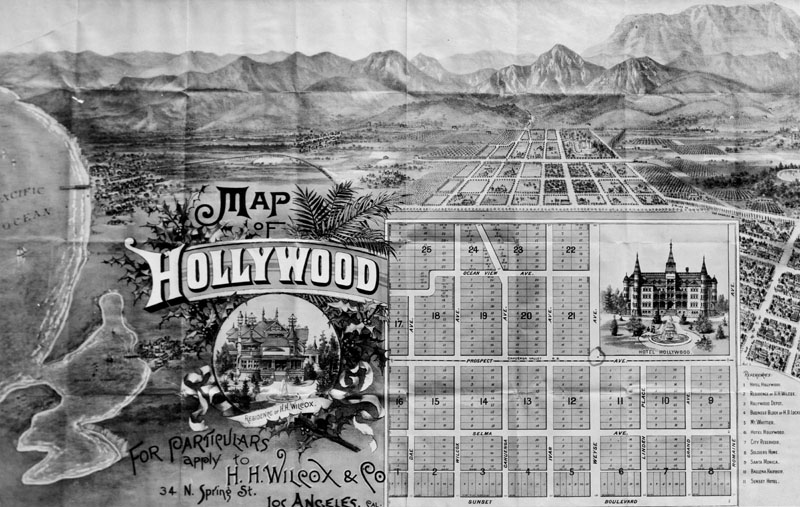
Hollywood’s First Studio
At the end of 1911, several studios had a presence in or near Hollywood. Like the aforementioned Biograph as well as other big names like Selig and Essnay. But the first studio to set up permanent operations there is credited to the Nestor Film Company.
Nestor was established in 1909 as a production unit for the Centaur Film Company owned by brothers David and William Horsley. It was known for making short comedy films. The company would soon, along with several other studios merge to create Universal, which is now one of the world’s oldest functioning film studios.
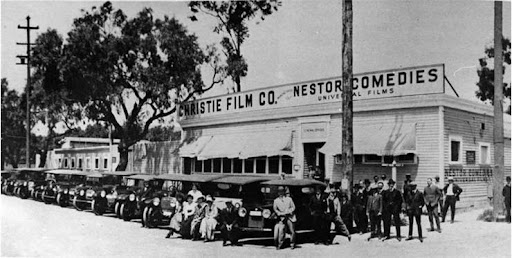
Growth and War
In the years following the first film productions set in Hollywood, the film industry would change the small village into a sprawling industry of studios. The Edison Trust was disbanded. Plus progenitors of other major studios were born during this time. Such as Famous Players (Paramount’s precursor) and the first Warner Bros operation was established. But these years also saw the outbreak of WWI.
WWI resulted in almost the complete destruction of Europe’s film industry. The American industry was left relatively untouched. Many stars and directors active in Hollywood at the time were also approached by the government to aid in war efforts by creating pro-war propaganda and war bond promotions. Thereby resulting in healthy returns and the stars of the time becoming the faces of films exported across America and Europe.
All of this meant that after the war Hollywood had economic, artistic, cultural and public image strength that was unrivalled across the world.
Toward A Golden Age
The years after the war would see the influenza outbreak contribute to the decline of windependent theatres, Which were then bought up by Hollywood studios. The Hollywood sign was erected creating a firm association in viewers with the idea of Hollywood and scale. More major studios were established such as Disney and MGM and Hollywood would begin pushing the boundaries of film itself with the introduction of sound. Some historians mark this as the start of Hollywood’s golden age when Hollywood showed itself as the undefeatable titan of world cinema, forever cementing itself as the filmmaking capital of the world.
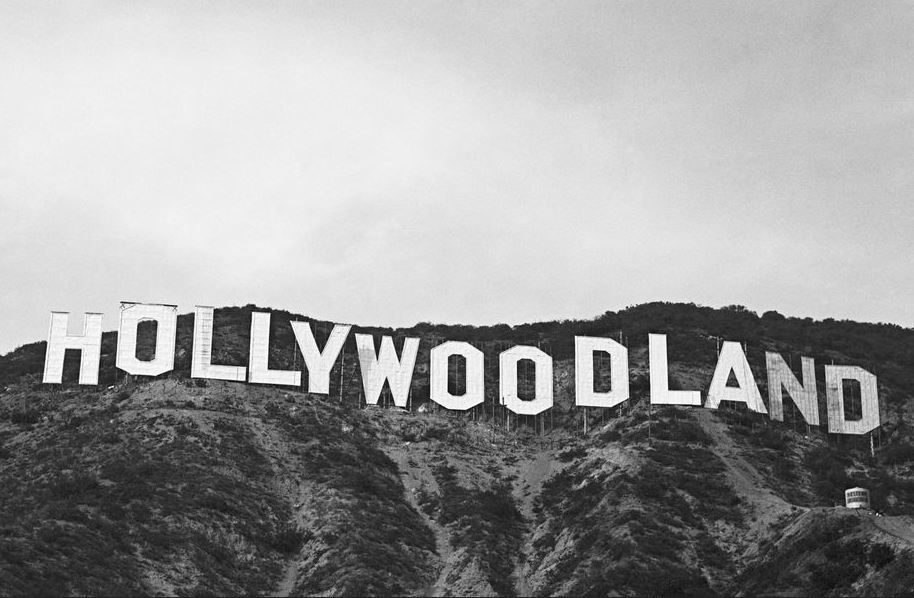
Also Read: Deep Brain’s AI: Transforming Hollywood’s Landscape in 2024


